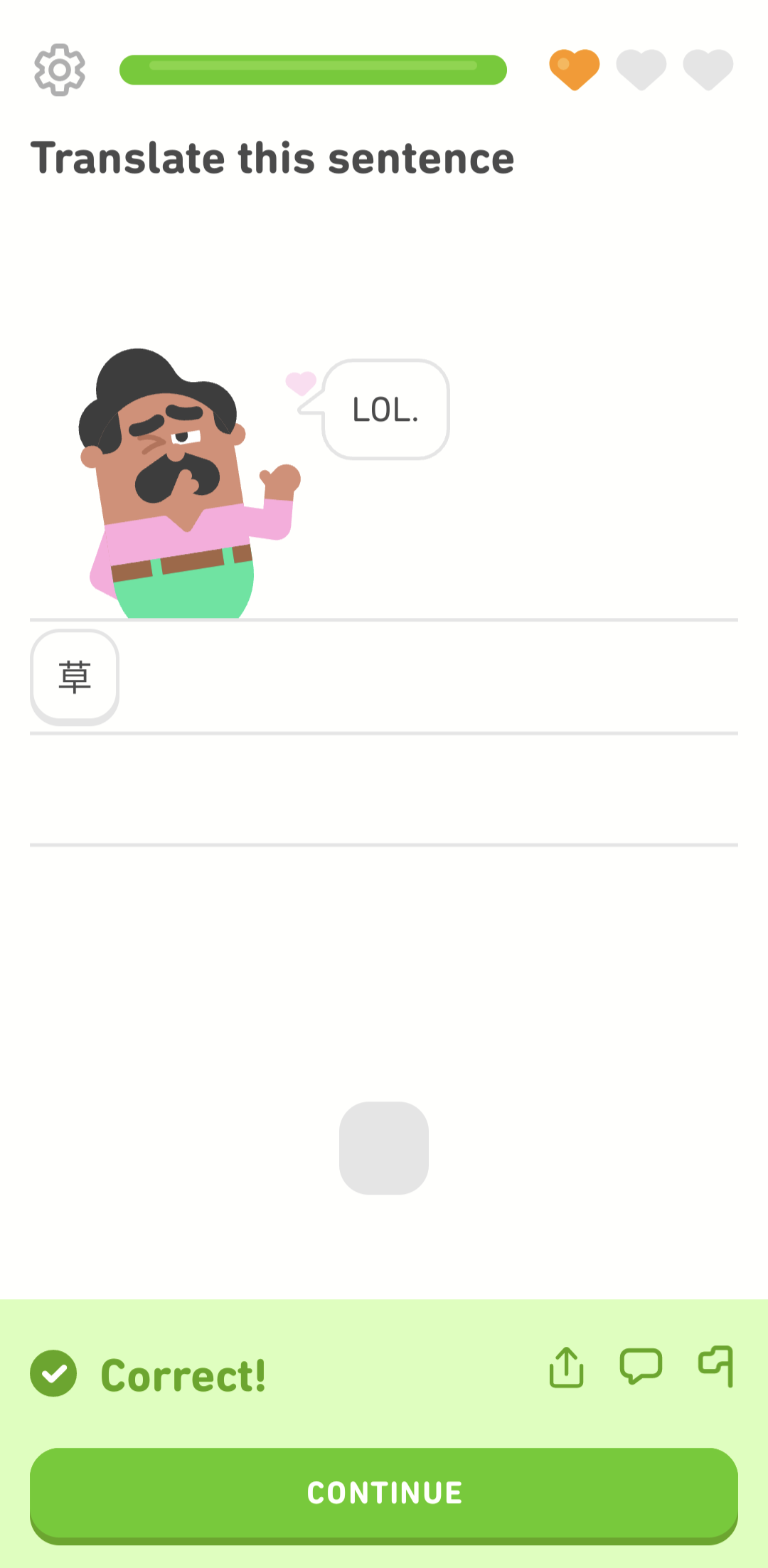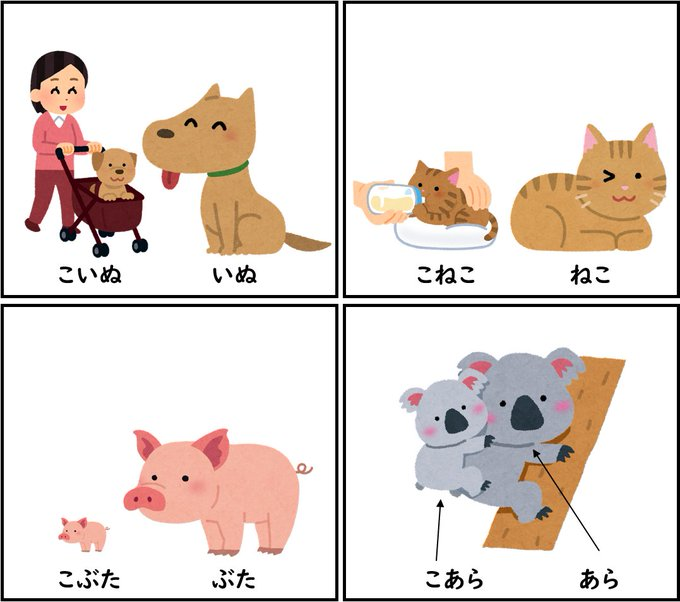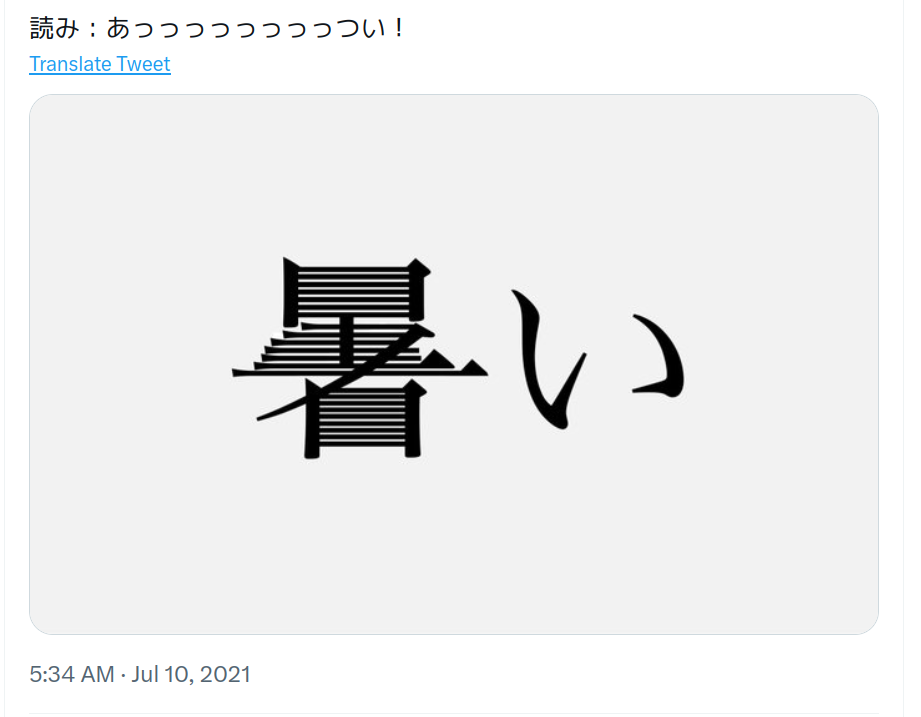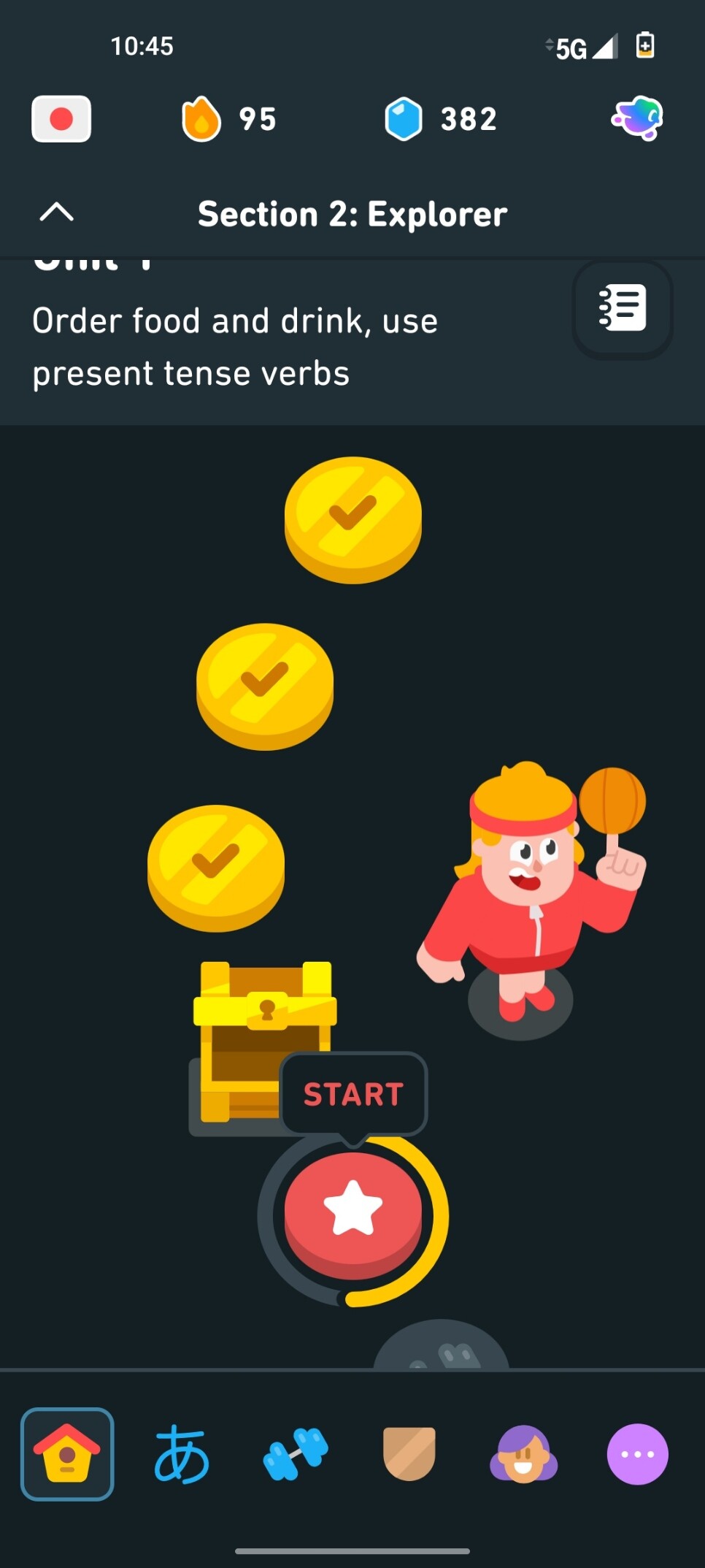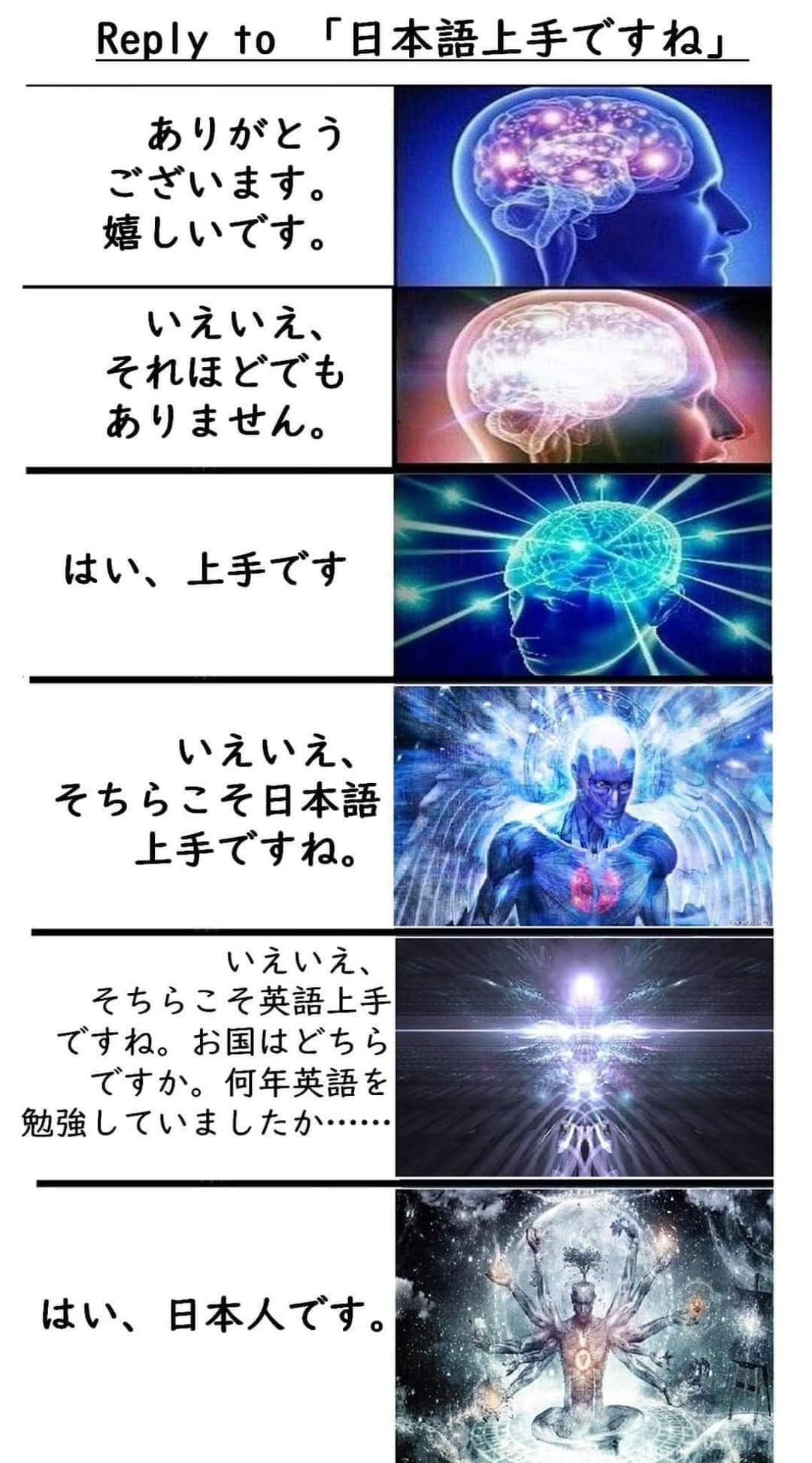Japanese Language
1403 readers
1 users here now
ようこそJapaneseLanguageへ! 日本語に興味を持てば、どうぞ登録して勉強しましょう!日本語に関係するどのテーマ、質問でも大歓迎します。 This is a community dedicated to the Japanese language. Feel free to come in and ask questions or post your thoughts and opinions about this beautiful language.
Feel free to check out the web archive of r/LearnJapanese's resources if you're looking for more learning material or tools to aid you in your Japanese language journey!
—————————
Remember that you can add furigana to your posts by writing ~{KANJI|FURIGANA}~ like:
~{漢字|かんじ}~ which comes out as:
{漢字|かんじ}
founded 1 year ago
MODERATORS
51
52
53
54
55
56
57
58
59
60
61
62
63
64
65
66
67
68
69
70
71
72
73
74
75
